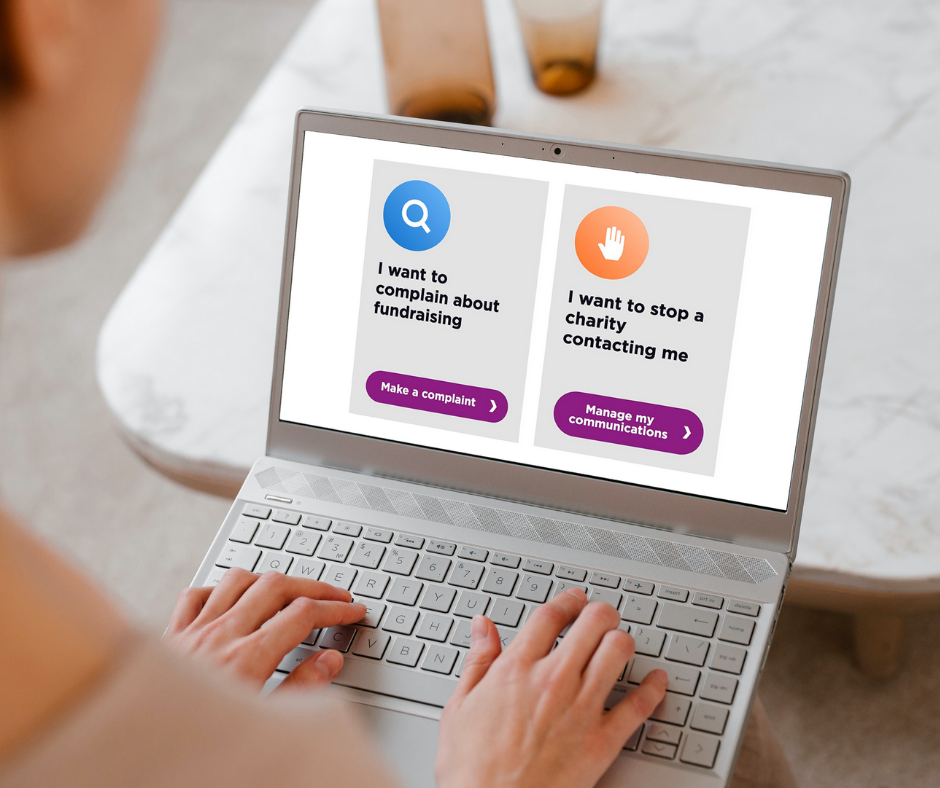Charity Code of Digital Practice launches
The Charity Digital Code has launched today (15 November): the UK’s first code of practice to help charities improve their use of digital by providing practical advice on incorporating digital technology into their work.
The Code is voluntary and free to access for all charities. It has been funded by The Co-op Foundation and Lloyds Banking Group, and developed by a steering group chaired by Zoe Amar, founder of Zoe Amar Digital, with representatives from organisations including ACEVO, The Small Charities Coalition, the NCVO, Office for Civil Society, CAST, Tech Trust, and the Charity Commission. 171 charity representatives also gave their views in a consultation.
The need for the Code was identified following the Lloyds Bank UK Business Digital Index 2017, which showed only 48% of charities have full basic digital skills, and 50% of charity leaders lack confidence in introducing digital change.
There are two versions, with one aimed at small charities with tailored resources to help those with tighter budgets and less capacity work out where they can make improvements. The Code aims to help all charities increase impact, develop skills and improve sustainability through 7 guiding principles covering best practice relating to leadership, beneficiaries and other stakeholders, culture, strategy, skills, adaptability and managing risks and ethics. It also sets out how to measure success when making changes to digital.
Jamie Ward-Smith, Chair of the Co-op Foundation, said:
“The new Charity Digital Code of Practice will help charities connect with their online audiences better than ever before, putting them in a stronger position to serve their communities and secure their own futures. The Code will support smaller charities, in particular, to create a digital-first culture where they can raise funds, awareness and connections online for the greatest impact. Co-op Foundation is proud to co-fund the Charity Digital Code of Practice and I encourage all charities of all sizes to read The Code today to help them thrive in the digital age.”
In addition to the Code, a range of resources has also been made available, including how-to guides, video case studies and tips from other charities.
Advertisement
How can digital help your charity achieve its vision? Find out by using the new #charitydigitalcode, launched today https://t.co/gPPpkEUdUO Here are some resources to help you with it 1/ pic.twitter.com/X6anxxIMsi
— zoeamar (@zoeamar) November 15, 2018
A Quick Assessment Tool has also been launched by the newly formed The Digital Collective and Hubbub Fundraising to help charities assess where they are now and where digital could be used for the greatest impact, while the Small Charities Coalition has also published some tools to help.
https://twitter.com/sccoalition/status/1063014226808193024
Sarah Atkinson, Director of Policy, Planning and Communications from the Charity Commission said:
“Digital is changing the way the public behaves. For charities to stay relevant, increase the difference they can make, and protect their charity from risks, understanding and engaging with the digital world is vital. The enthusiasm with which the charity sector has responded, and the willingness to use the Code and increase digital skills indicated in the responses, is very positive. As regulator, we want to ensure charities have the information and tools they need to succeed and that’s why we are pleased to continue supporting the development of the Code.”
Speaking on the Code, Ed Gairdner, COO of not-for-profit charitable giving platform, The Good Exchange, added:
“The charitable sector is currently operating between five and ten years behind the commercial sector when it comes to digital. There must be a strategic drive from all sides, where commercial organisations, trusts, foundations, community groups and more come together to drive and support not-for-profit charitable technology initiatives that can streamline and revolutionise the fundraising and grant giving process.
“Digital is not a leap into the unknown, it is a ‘wave’ that the private sector has been ‘riding’ for many years and third sector innovators are already riding to good effect. Can grant-makers and charitable organisations continue to ignore its relevance? Those left behind have a huge mountain to climb alone if their peers have moved on and undertaken and implemented a meaningful digital strategy. Therefore, my advice is to ‘ride the digital wave’ now before it is too late.”




